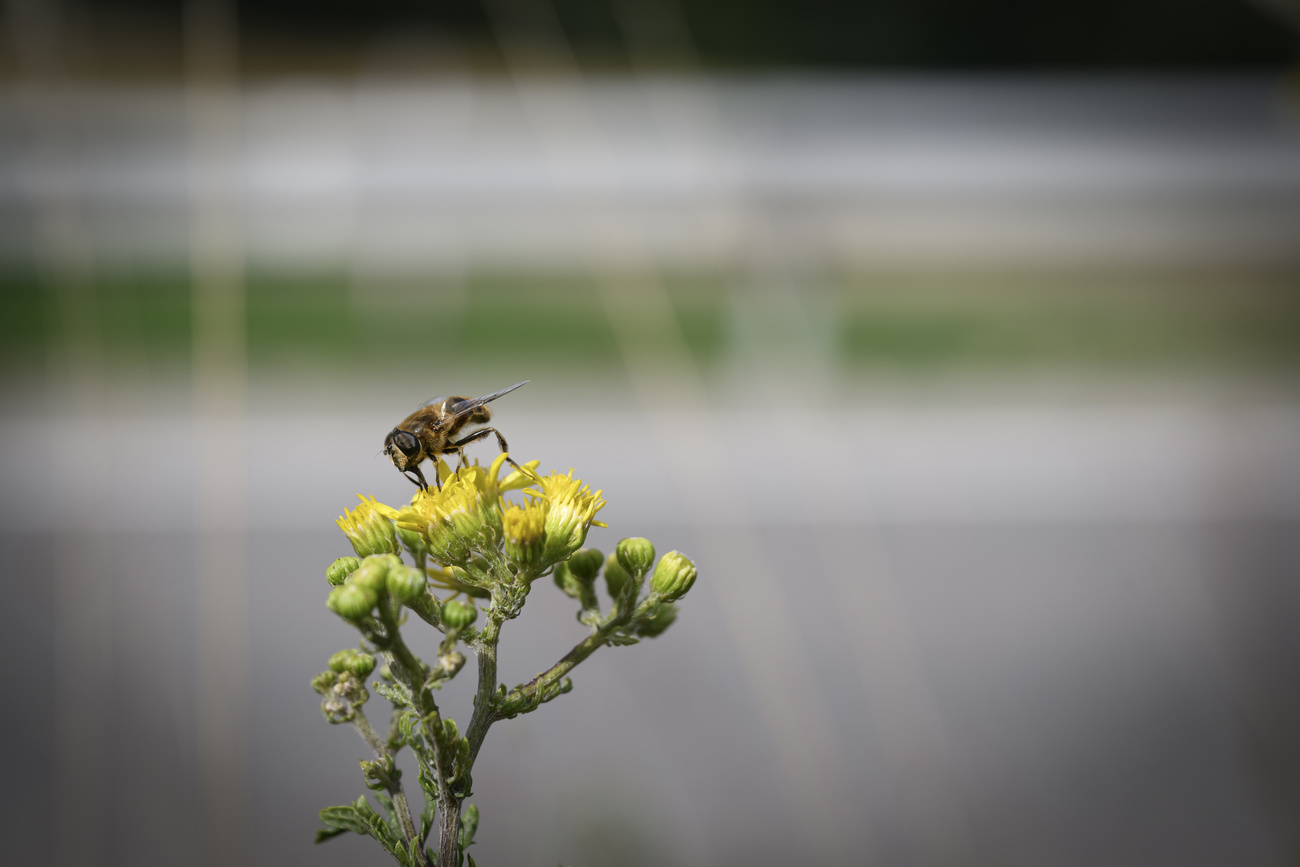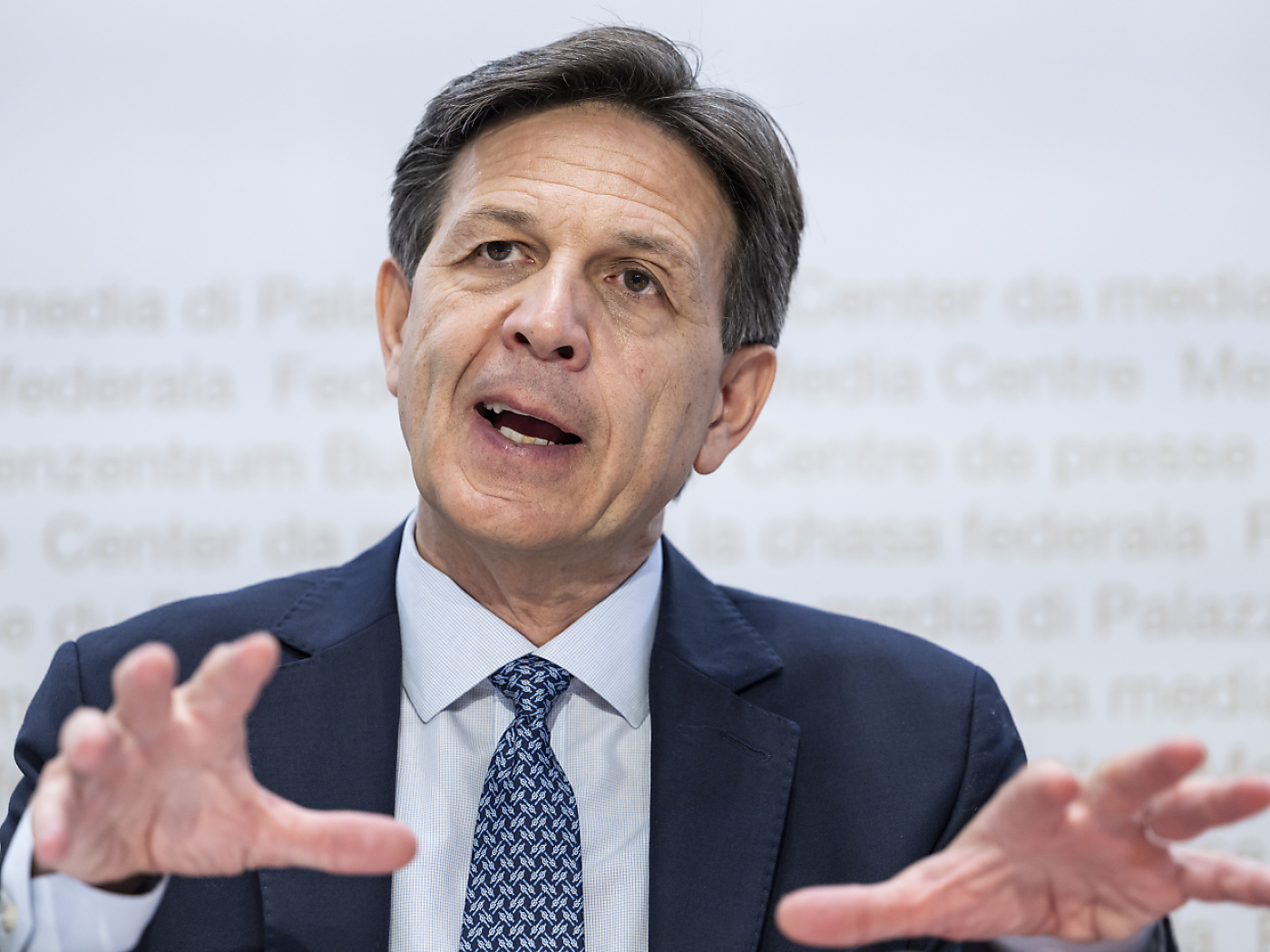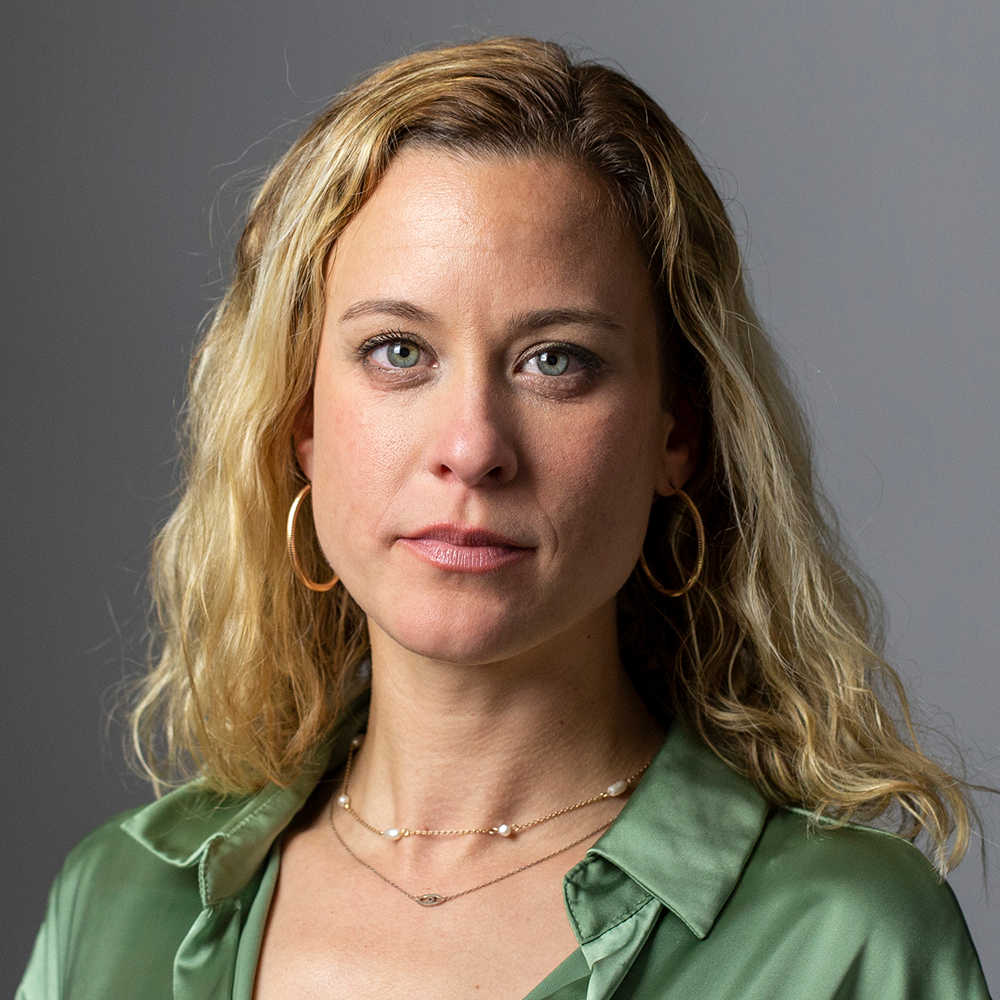
Switzerland Today
Hello from Lausanne!
Here we have a World Cultural Heritage site right on our doorstep: the beautiful Lavaux vineyards sloping down to Lake Geneva. Vintners have now come up with an idea how to better protect the vines (and the quality of their wine) from the effects of global warming.
On the other side of the country in Graubünden, people are holding celebrations for the new president of the federal parliament – the first for 35 years who is a Romansh speaker.
Here’s my pick of the day’s news:

In the News: Biodiversity, French-Swiss relations and protecting vines from hot, dry summers.
- While Switzerland is a good pupil on democracy (see our story below), it is bottom of the class on European biodiversity commitments, nature organisations said on Wednesday. They say that over the past decade it has fulfilled only 1.4% of its international obligations on protecting animals and plants. It has not lived up to its promises under the “Bern Convention”, which includes the creation of a Europe-wide network of protected areas, or “Emerald” zones, say NGOs BirdLife and Pro Natura.
- Was France angry when Switzerland last year decided to buy American F-35 fighter jets, snubbing the French Rafale? Its ambassador to Switzerland Frédéric Journès claims not. In any case, he said in an interview with newspapers of the Tamedia group published on Wednesday, high-level contacts between Paris and Bern are now restored. They are talking notably about issues affecting border areas, such as health workers, taxation and teleworking, says Journès.
-
How to preserve the quality of Lavaux’s vines, maintain yields and develop wine knowhow as hot, dry summers become more common? The local section of the winegrowers’ federation is thinking of irrigating them with water from Lake Geneva, reports public broadcaster RTSExternal link. But not everyone agrees that this potentially expensive investment is necessary. “A winegrower knows that the vine must suffer a little, have a good water restriction,” says agricultural researcher Vivian Zufferey. “But on the other hand, when it becomes very important, then we must act.”

Autocrats are on the rise, but Swiss democracy is doing well, says the Global State of Democracy 2022 report published on Wednesday.
Protests in China against the world’s strictest anti-Covid policy and anti-regime protests in Iran do not hide the fact that autocrats have massively increased their global reach, according to the report.
It says twice as many countries became more authoritarian in 2021 compared to those that became more democratic. “Authoritarian regimes have deepened their repression, with 2021 being the worst year on record,” says Alexander Hudson, one of its co-authors.
For instance, before openly going to war against neighbour Ukraine and abolishing the last remains of freedom in Russia, President Vladimir Putin developed his own brand of “electoral autocracy”, a system with regular but unfree and unfair elections. Meanwhile, Hungary’s Orban in 2014 announced the creation of an “illiberal democracy”, citing Turkey and Russia as examples.
Nations like Switzerland and the Scandinavian countries are stable in all of the 116 variables analysed by the authors. Consequently, these countries see long-term effects regarding peace, building wealth and creating wellbeing, says the report.
More

Switzerland’s eastern canton of Graubünden is today celebrating the election of one of its own, Martin Candinas, as the new speaker of the House of Representatives.
Candinas was elected on Monday, and addressed the House in Romansch, reports RTSExternal link. He is the first Romansh-speaker to hold this position for more than 35 years.
The appointment of Candinas to this post is therefore a major event for the region and its 60,000 Romansh speakers. The 42-year-old Centre Party politician has promised that during his year in office he will not refrain from speaking his mother tongue.
However, not all of the discussions will be conducted in Romansh. When it comes to the heart of the matter, he will revert to German, because there are not enough interpreters into the other three national languages.
Romansh is often forgotten, including by the federal administration, writes RTS. For example, when the government launched its Instagram account in October, it did so in French, Italian, German and English – but not Romansh. This has now been corrected.

In compliance with the JTI standards
More: SWI swissinfo.ch certified by the Journalism Trust Initiative









